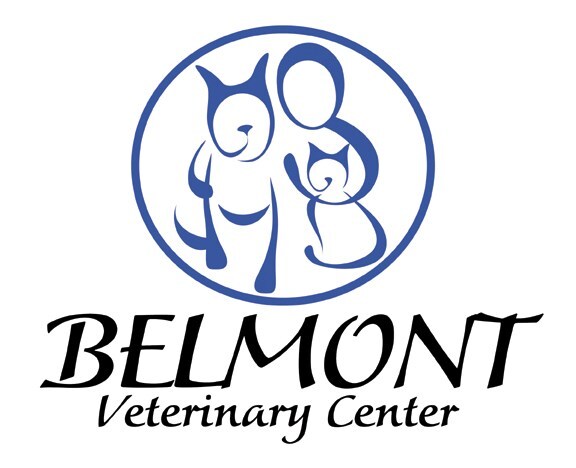
However, studies indicate that a great majority of dogs and cats show signs of fear when visiting the veterinarian, making veterinary visits stressful also for their owners. Veterinary care is an essential element of maintaining good welfare of companion animals.
LINCOLN LAND VETERINARY CLINIC MUZZLE TRAINING PROFESSIONAL
Stress-reducing measures can decrease fear and stress in patients and consequently their owners, thus strengthening the relationship with the clients as well as increasing the professional satisfaction of veterinary staff. However, anxiolytics or sedation should be used whenever there is a risk of traumatising an animal or for safety reasons. Recommendations for handling fearful animals to minimise aggressive responses are discussed. Short-term pain from injections can be minimised by using tactile and cognitive distractions and topical analgesics, which are also indicated for painful procedures such as ear cleanings. Desensitisation and counterconditioning are highly recommended, both to prevent and address existing negative emotions. The set-up of the waiting area (e.g., spatial dividers elevated places for cat carriers), tailoring the examination and the treatment to the individual, considerate handling (minimal restraint when possible, avoiding leaning over or cornering animals) and offering high-value food or toys throughout the visit can promote security and, ideally, positive associations. We briefly summarise the available evidence for the interventions discussed. Here, we discuss factors that contribute to negative emotions in a veterinary setting and how these can be addressed. A stress-free veterinary visit benefits all involved parties-the animals, their owners, as well as the veterinary team.Ī high proportion of dogs and cats are fearful during veterinary visits, which in some cases may escalate into aggression. With reward-based training, animals can learn to accept veterinary procedures.

For animals that are very fearful, several medication options are available that can be given prior to the veterinary visit to help them with their fears. If a known painful area needs to be treated, pain killers are advised. Distractions can be used to minimise perceived pain such as from injections.

In the interaction with the animals, low-stress handling methods, brief pauses and adjusting the procedure based on the animal’s body language help them to feel secure. High-value food (unless an animal needs to be fasted) or toys should be used generously throughout the visit. Whenever an animal is in the practice, the veterinary team should endeavour to make the visit as pleasant as possible, by using non-threatening body language and by creating positive associations. We review ways to avoid negative experiences and promote positive emotions in animals visiting the veterinarian. The majority of dogs and cats are fearful during veterinary visits, and some individuals may show aggression as a result.


 0 kommentar(er)
0 kommentar(er)
